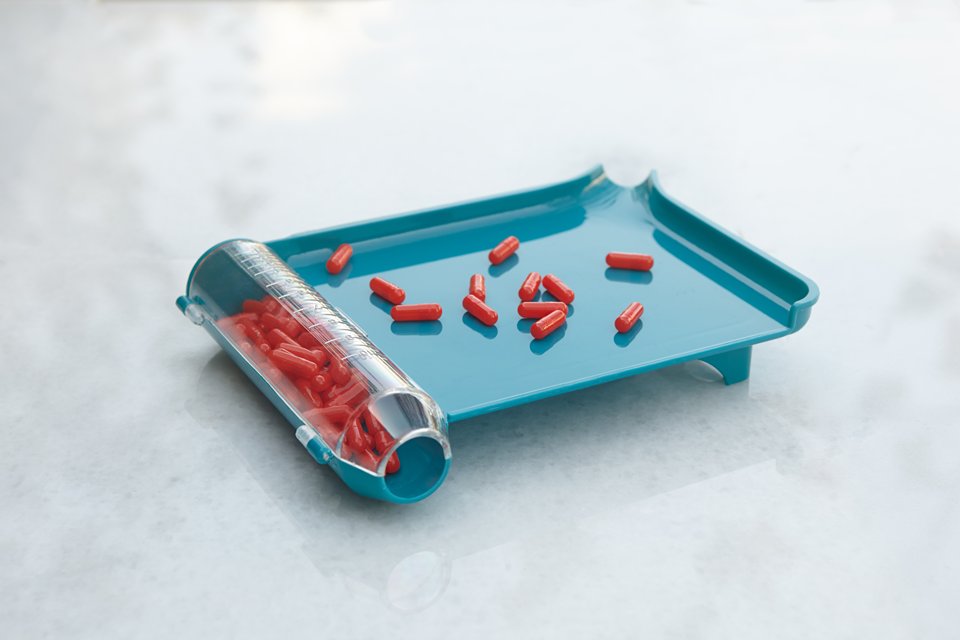A commonly prescribed diabetes medication called pioglitazone (brand name Actos) was not associated with a clear increased risk of bladder cancer and several other cancers, according to a 10-year study conducted at Kaiser Permanente Northern California by researchers at its Division of Research, the Perelman School of Medicine at the University of Pennsylvania and Rutgers University. The study was published today in the Journal of the American Medical Association (JAMA).
Pioglitazone is used to treat type 2 diabetes; it helps the body make better use of insulin. As many as a quarter of diabetes patients nationally are treated with pioglitazone.
Premarketing studies of pioglitazone found a higher incidence of bladder cancer in male rats, but not in female rats or mice of either sex. In 2003, the Food and Drug Administration and the manufacturer, Takeda Pharmaceutical, agreed to a 10-year observational study to evaluate the potential risk of bladder cancer in humans. The risks associated with 10 additional cancers were also reviewed.
“We found no clear patterns of increasing risk of bladder cancer with increasing time since initiating use of pioglitazone, nor did we find any associations with duration of use or cumulative use,” said James D. Lewis, MD, MSCE, professor of Medicine and Epidemiology at Penn’s Perelman School of Medicine.
According to the American Cancer Society, about 74,000 new cases of bladder cancer will be diagnosed in 2015 and there will be about 16,000 related deaths. Men are three to four times more likely to be diagnosed with bladder cancer than women.
Pioglitazone use has been the subject of several product-liability lawsuits around its possible relationship to the risk of bladder cancer. In 2014, a Louisiana jury ordered Takeda and Eli Lilly (once a co-marketer of the medication) to pay $9 billion in punitive damages for hiding pioglitazone’s cancer risks, but a judge later reduced the award to $36.8 million. In April 2015, without admitting liability, Takeda Pharmaceutical agreed pay $2.4 billion to settle about 9,000 such claims against the company.
“In the 10-year study, we were able to examine four years or more of pioglitazone use,” said senior author Assiamira Ferrara, MD, PhD, section chief of Women’s and Children’s Health at the Kaiser Permanente Northern California Division of Research. “We could not, however, address cancer risk associated with longer-term use.”
The epidemiological analysis, which was funded by Takeda Pharmaceutical, included nearly 194,000 members of Kaiser Permanente’s Northern California region over age 40 with diabetes, who were diagnosed between 1997 and 2002; they were followed until 2012. In the full cohort, there were over 1,200 cases of bladder cancer.
Results after five years of the study showed no overall risk of bladder cancer but a 40 percent increased risk among those who used pioglitazone for two years or more.
Among the 34,000 patients who had ever used pioglitazone, defined as filling two prescriptions within a 6-month period, there was a slightly higher risk of bladder cancer but “this risk was weak and not statistically significant,” added co-author Brian L. Strom, MD, MPH, chancellor of Rutgers Biomedical and Health Sciences of Rutgers University. The incidence of bladder cancer between users and nonusers was 89.8 and 75.9 per 100,000 person-years, respectively.
In the cohort, there were over 16,000 individuals with one of the additional cancers studied (prostate, female breast, lung, endometrial, colon, non-Hodgkin, lymphoma, pancreas, kidney/renal pelvis, rectum and melanoma). Although there was no increased risk observed for most cancers, ever use of pioglitazone was associated with a 13 percent increased risk of prostate cancer and a 40 percent increased risk of pancreatic cancer. However, an increased risk of pancreatic cancer was also observed among patients who ever used other diabetes medications such as insulin, sulfonylureas and metformin.
“Additional studies of long-term pioglitazone use will be needed to confirm our findings for bladder and the other cancers, as well as to better understand whether the observed increased risks in prostate and pancreatic cancer are causal or due to chance or some other forms of bias,” added co-author Laurel A. Habel, PhD, section chief for Cancer at the Kaiser Permanente Northern California Division of Research.
In addition to Lewis, Ferrara, Habel and Strom, co-authors of the study were, Charles P. Quesenberry, PhD, Tiffany Peng, MA, Monique M. Hedderson, PhD, Samantha F. Ehrlich, PhD, and Stephen K. Van Den Eeden, PhD, Kaiser Permanente Northern California Division of Research: and Ronac Mamtani, MD, MSCE, Warren Bilker, PhD, David J. Vaughn, MD, and Lisa Nessel, MSS, MLSP, University of Pennsylvania.





This Post Has 0 Comments